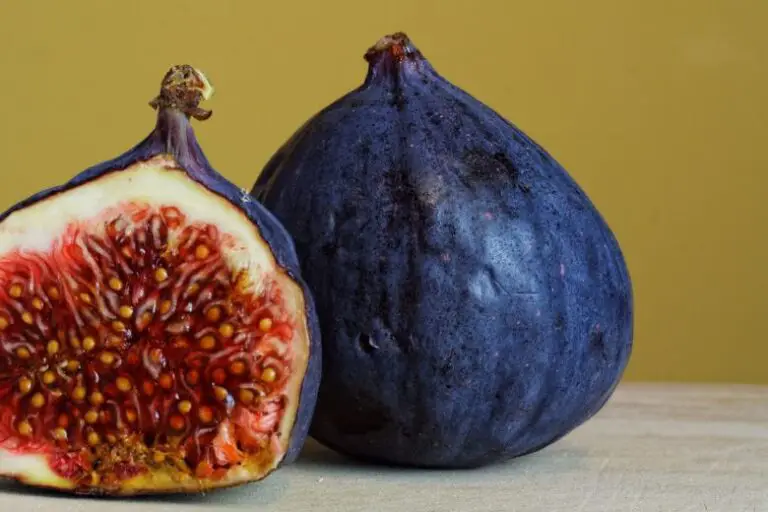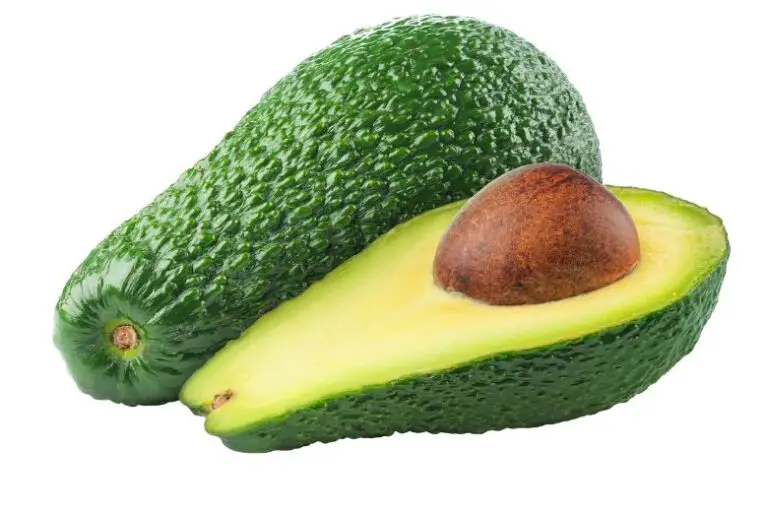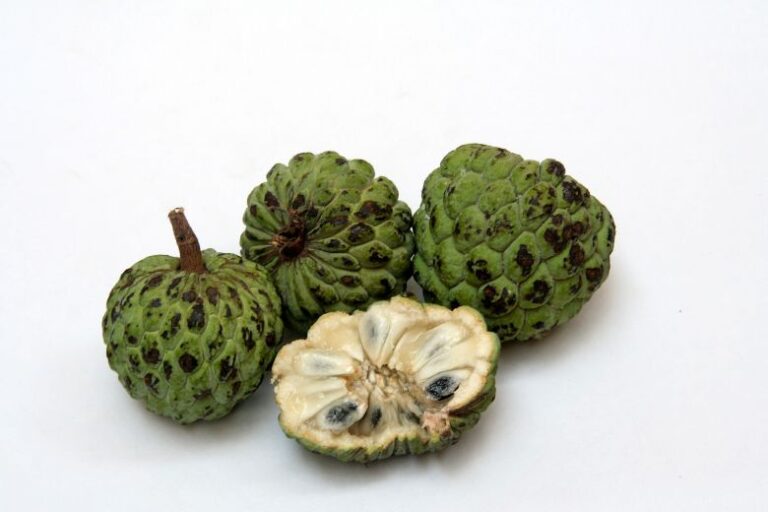Are Strawberries GMO
Strawberries have long been a symbol of summer, often enjoyed fresh, as a topping, or in various desserts. Their popularity has led to advancements in farming techniques and technology. However, this progress has also raised concerns about whether the strawberries we consume today are genetically modified.
Understanding GMOs
Genetically modified organisms, or GMOs, are living organisms whose genetic material has been altered in a way that doesn’t occur naturally through mating or natural recombination. This modification is usually done to confer specific traits, such as resistance to pests or improved shelf life. GMOs have been a topic of debate due to potential health and environmental impacts.
The Evolution of Strawberry Farming
Strawberry farming has evolved significantly over the years. Traditional methods involved planting runners, which are shoots that grow from the main plant. Modern practices incorporate tissue culture propagation, allowing for the mass production of disease-free plants. This shift in farming techniques has raised questions about the potential use of genetic modification.
Are Strawberries Genetically Modified?
As of now, commercially available strawberries are not genetically modified. The genetic makeup of strawberries has not been altered through genetic engineering to introduce foreign genes. However, traditional breeding methods have been used to enhance certain traits, such as flavor, size, and resistance.
Non-GMO Strawberry Varieties
Numerous non-GMO strawberry varieties are cultivated through traditional breeding practices. These varieties are the result of cross-pollination and selection, aiming to bring out the best qualities of the fruit naturally. Non-GMO strawberries continue to dominate the market and are enjoyed by consumers worldwide.
Benefits of GMO Strawberries
While GMO strawberries are not prevalent in the market, it’s important to explore the potential benefits they could offer. Genetic modification could lead to strawberries with extended shelf life, increased resistance to diseases and pests, and even enhanced nutritional profiles. However, rigorous testing and regulatory approval would be necessary to ensure their safety.
Consumer Awareness and Choice
The conversation about GMOs extends beyond scientific discussions to consumer awareness and choice. Many consumers are concerned about the long-term effects of GMO consumption on health and the environment. As a result, transparency in labeling and information dissemination is crucial for making informed choices.
Environmental Impact
One of the concerns associated with GMOs is their potential impact on the environment. Crossbreeding between GMO plants and their wild counterparts could lead to unintended consequences, such as the spread of modified genes to wild ecosystems. This underlines the importance of responsible and thorough testing before introducing GMO strawberries.
Labeling Regulations
Clear and accurate labeling of food products is essential for consumers who want to make informed choices. Regulatory bodies often require GMO products to be labeled as such. This transparency empowers consumers to decide whether they want to include GMOs in their diet.
Conclusion
The strawberries available in the market today are not genetically modified through genetic engineering techniques. Traditional breeding methods have been employed to enhance their qualities. However, the discussion about GMOs in agriculture remains ongoing, with potential benefits and concerns to consider. As a consumer, staying informed about labeling and making choices aligned with your values is crucial






